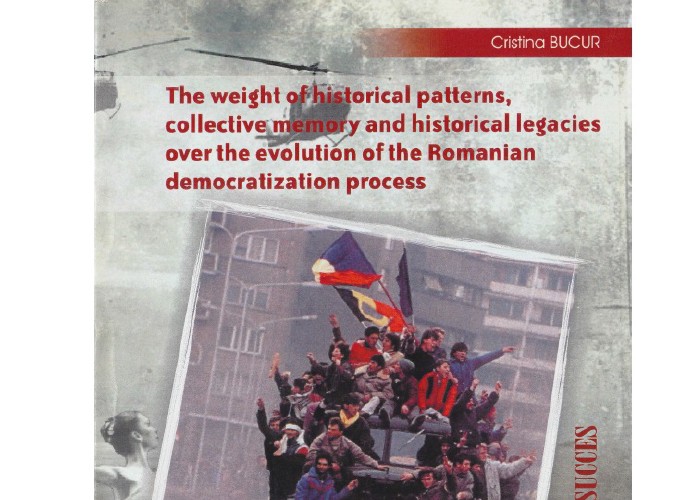
The weight of historical patterns, collective memory and historical legacies over the evolution of the Romanian democratization process

The weight of historical patterns, collective memory and historical legacies over the evolution of the Romanian democratization process
Abstract
This book evaluates the degree to which the political institutions and action models that have been proposed for adoption in the aftermath of the Romanian 1989 revolution were consistent with the political culture of the Romanian society. The analysis of the Romanian political culture is accompanied with an assessment of Romanian people’s ability to engage in common actions, to act collectively in order to reach their common goals by adopting a democratic political system. We show that the roots of the difficulties encountered in the Romanian democratization process, at least during the early 1990s, lie in the incompatibility between the traditional political culture and the democratic political system that was to be adopted. Furthermore, the analysis draws attention to the way in which some of the obstacles that the democratization actors, such as the post-communist mass media, found impossible to surmount can be explained by the little attention they paid to the political and civic participation patterns of the public they addressed.
Cristina Bucur (2006) The weight of historical patterns, collective memory and historical legacies over the evolution of the Romanian democratization process. Iasi: Lumen Publishing House.
